Air conditioners cool down a room, but they won't be able to do so if the compressor doesn't operate properly. Even if the fan works, without the compressor, the AC won't be of any use, especially in the sweltering heat. So, what could be the reason why the AC won't power up when the fan does? We have researched answers to find out.
You should check your AC's condition regularly especially if the warm season is on its way. If the AC compressor won't power up, you should investigate the following reasons:
- Damaged Compressor
- Dirty Coil and Filters
- Broken Capacitor
- Insufficient Power Supply
The mechanisms of air conditioners are somewhat complicated, so it may be wiser to have an HVAC professional diagnose them. However, you can still check to see if it can be fixed at home, especially if you're familiar with the anatomy of an air conditioner. If you want to learn more about air conditioner maintenance, keep reading below.
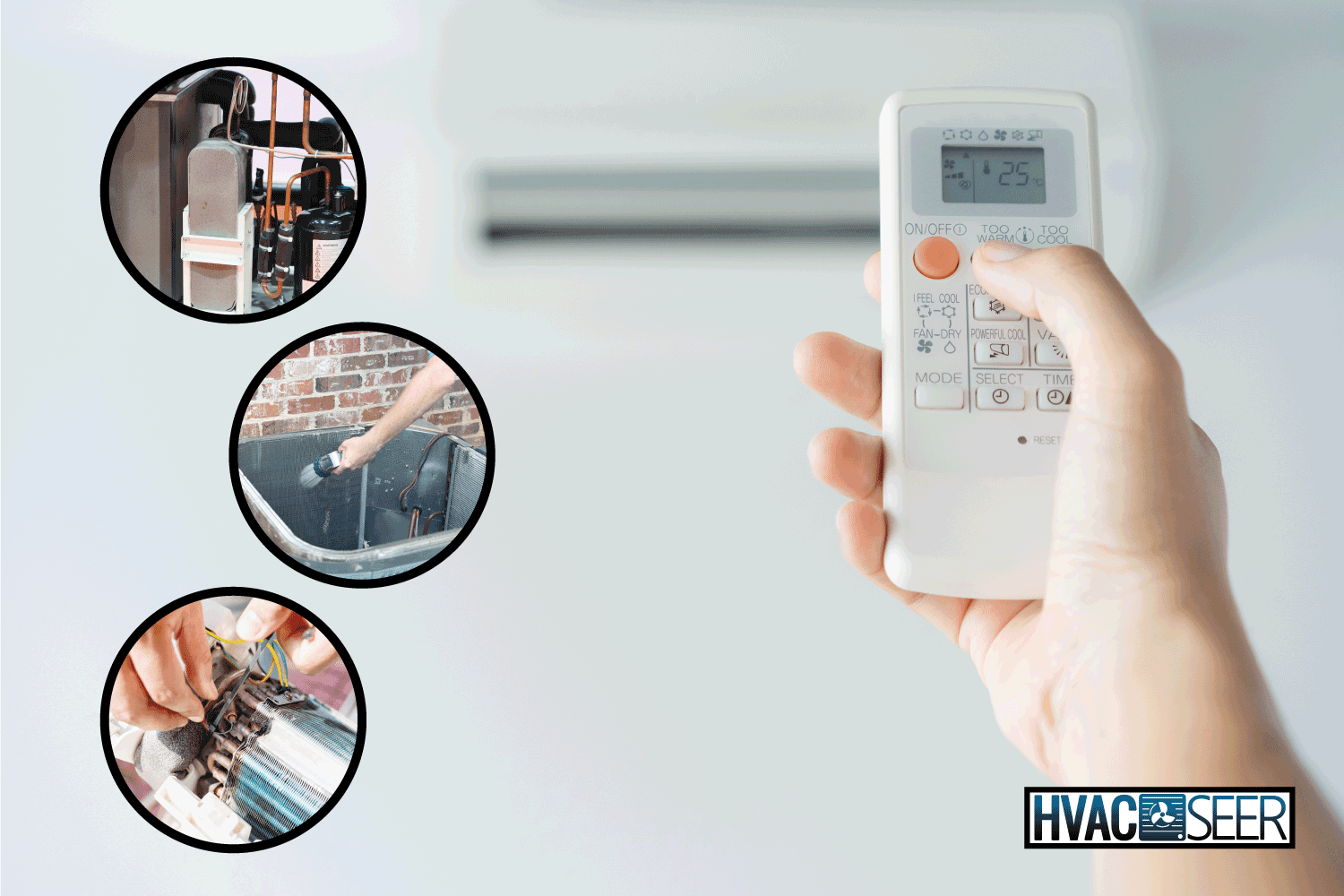
Why AC Won't Turn On When Fan is Running
Not having the ideal temperature, regardless of the season, will make your home uncomfortable to stay in. The usual reason as to why the AC won't run at full capacity is a damaged compressor, and they come at a high price.
The compressor is, to put it simply, what enables the air conditioner to cool down a room.
It compresses the refrigerant so that it turns the heated air into a liquid, and flows into the condenser coil to which the heated air is released outside. When the gas cools down and turns into liquid, the compressor distributes it indoors through the evaporator.
Without the compressor, it can't puff out cold air, and the temperature in the room will remain high. Here are the reasons why your AC might not properly turn on.
Read: "Why Is My Air Conditioner Compressor So Loud?"\
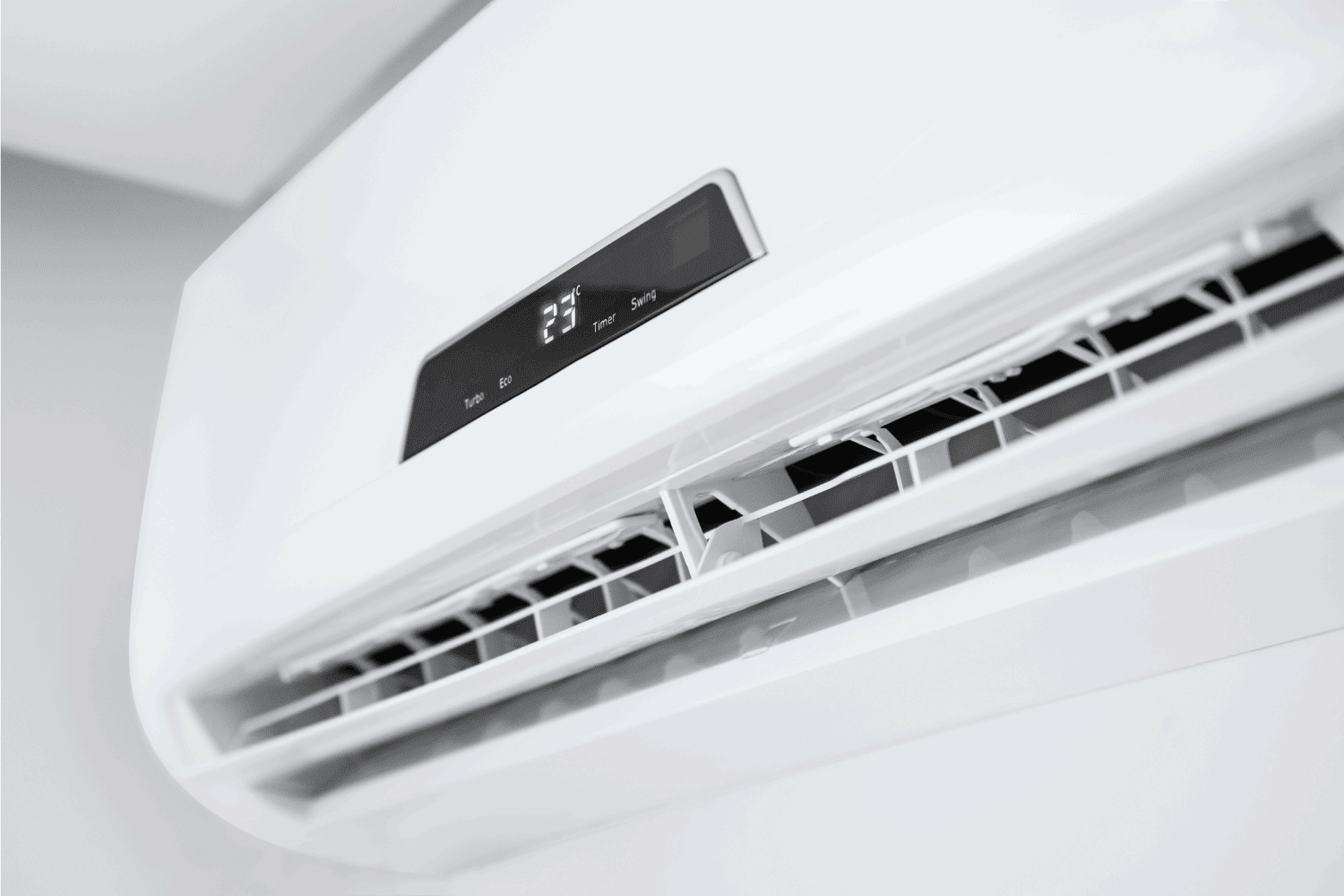
Damaged Compressor
There are many signs that point to compressor damage.
One of the telltale signs is that your AC is blowing warm air, or it is only capable of being in fan mode. This is usually a symptom of an old AC unit, and the best route is to simply purchase a new AC unit.
You can replace the compressor, but most HVAC professionals would advise against it. The repair is usually just as, if not more expensive than if you just buy a new AC unit altogether.
Compressors cost around $500 to $625 depending on the unit, and the labor costs could amount to up to $3,000. Expect no less since compressors are the most vital part of the AC, so they are the most difficult to repair.
Dirty Coil and Filters
The buildup of dust and dirt can clog the airflow on your air conditioner. It will cause the compressor to work unnecessarily hard without achieving the results you want, ultimately causing it to shut down when pushed too far.
Sometimes, the compressor shuts down before it gets permanently damaged, at which time you'll have the chance to clean your filters and condenser coils.
Don't wait until you notice the compressor stops, though, as it can still get permanently damaged because of neglect.
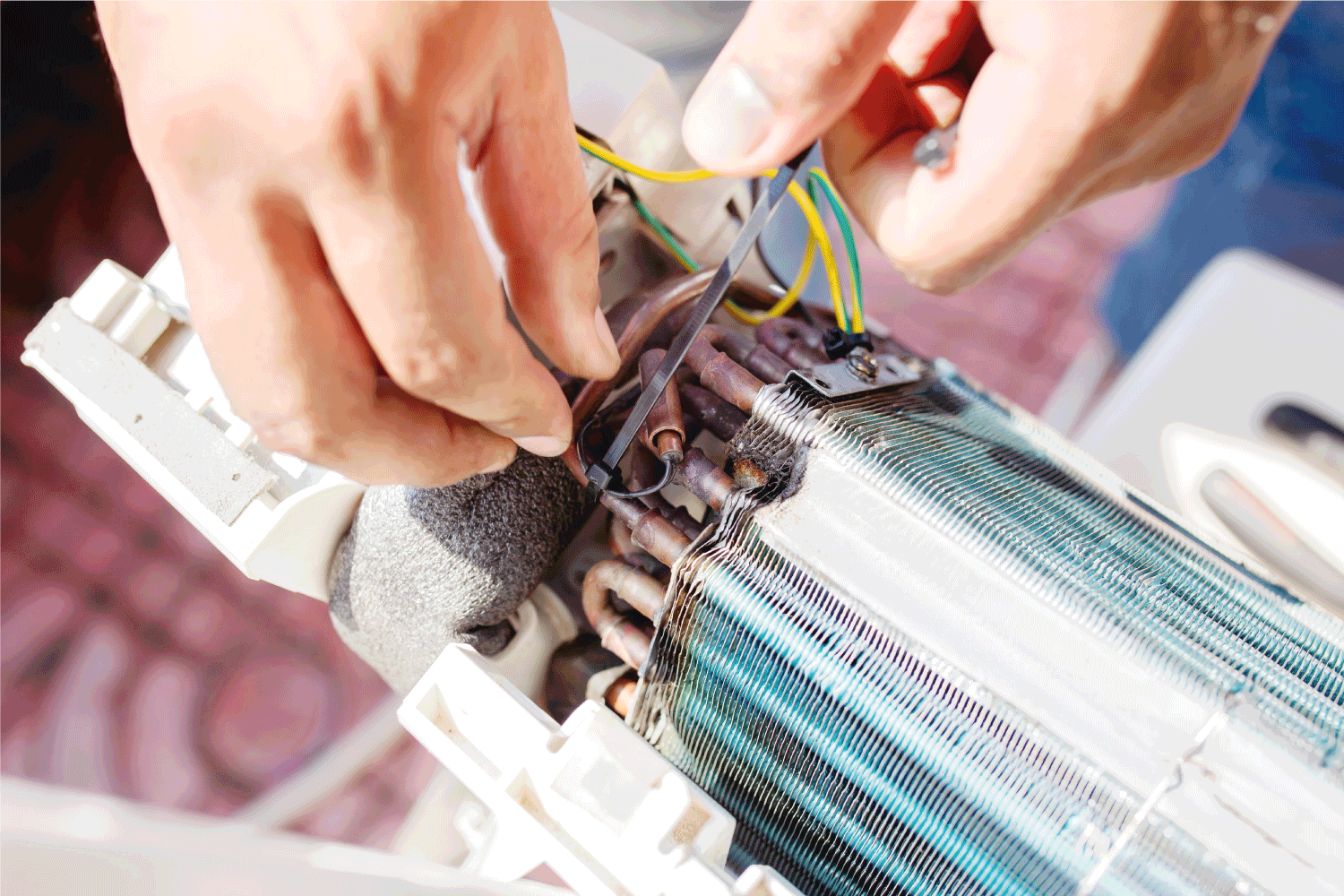
Broken Capacitor
The capacitor is the part of the AC's anatomy that's in charge of starting the motor. It delivers a power surge to your AC, which powers your compressor to cool down your room.
When the capacitor is broken, your compressor will fail to start up resulting in hot air being blown out. The compressor needs a specific amount of power to operate, and a broken capacitor will fail to deliver that.
Aside from your AC only operating with a fan, you may also hear a humming noise and an inconsistent power supply.
Insufficient Power Supply
This one is self-explanatory. When only the fan is able to operate, your AC unit is probably not receiving enough power to turn the compressor on.
There may be a problem with the wiring or connection, or the circuit breaker might have been the culprit.
Try checking your thermostat as well, since it could be sending the wrong signal to the unit itself that's why the compressor isn't turning on.
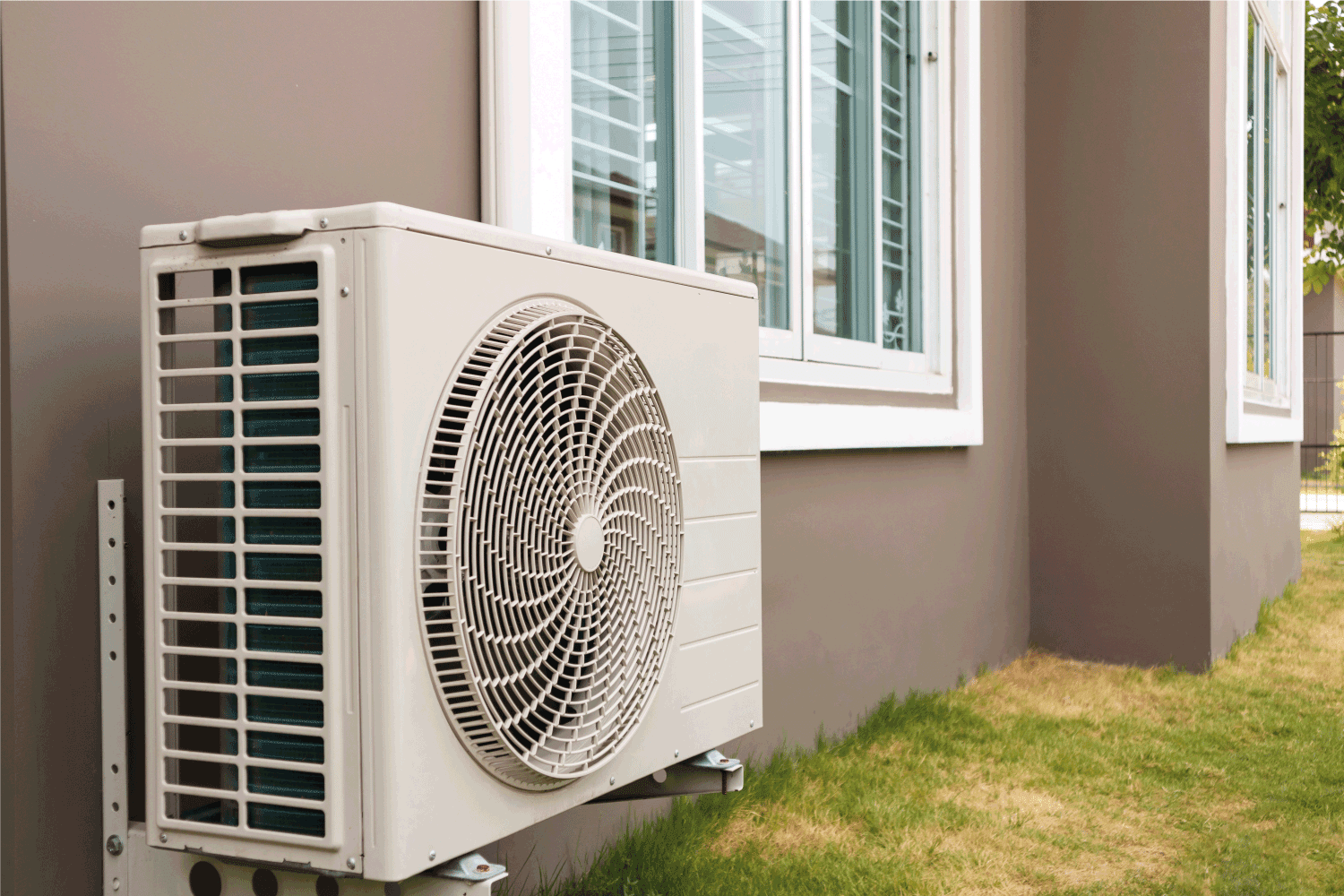
What causes damage to the compressor?
Your compressor is the most vital part of your AC, and the most expensive to replace.
Damage to the compressor is damage to the unit as a whole, so proper maintenance and regular checks are important if you want to keep it performing at peak condition.
To avoid facing a compressor problem, try to familiarize yourself with the factors that cause the compressor to die out.
This will help you know what to avoid, and what to do when you start noticing damage that will most likely create a domino effect across the entire unit. Here are the usual culprits as to why the compressor can break.
Overheating
Overheating is one of the most common causes of compressor failure, mainly because of the outside factors that affect it and what the machinery itself does.
For example, if the outdoor unit is directly exposed to sunlight and there is not enough ventilation to cool it down, the compressor will work harder to combat the heat it's receiving.
Because of the increased performance from the compressor, coupled with the heat from the sun and lack of ventilation, the machine is bound to overheat and shut down.
For this reason, you need to make sure that nothing is blocking your outside unit and that you strategically install the AC away from the sun as much as possible.
Blocked Condenser Coils
Condenser coils are responsible for the transfer of heat outside. If these are blocked, heated air will have nowhere to go, trapping it inside the system.
This will result in the unit no longer providing cool temperatures easily. The compressor will work harder to achieve your desired temperature, which will eventually cause it to shut down if the issue is not addressed.
Also, if the condenser coils are thoroughly blocked by a thick wall of dirt, the liquid lines are likely to frost which will damage the compressor and damage the entire unit entirely.
Blocked Suction Lines
Suction lines are in charge of the flow of vapor that delivers cool air into your room. If the suction lines are blocked or are improperly positioned, the compressor will not receive enough refrigerant.
If the compressor doesn't have enough refrigerant, your room will not be sufficiently cooled. Worst case scenario, the compressor itself will slowly deteriorate and shut down completely.
You will notice that there may be a problem with the suction line if the air conditioner is not providing adequate cooling, and upon further investigation you notice icicles forming around the liquid lines.
When this happens, call an HVAC professional immediately to have them properly diagnose your unit.
Electrical Problems
Power surges, faulty wiring, damaged fuses, and acid build-up can all cause electrical problems in your unit.
With the wiring compromised, your compressor will also be affected since it depends on a steady power supply to be able to operate smoothly.
This is why a bi-annual inspection is important--an HVAC professional should be able to easily detect a build-up along the electric wires during a checkup and fix the issue immediately. That way, your compressor doesn't have to get permanently damaged and your AC's lifespan is not cut short.
Low Refrigerant Levels
Low refrigerant levels signify low pressure. This means that it won't have the capacity to puff out heat outside, causing the unit to circulate only warm air into your home.
The low refrigerant levels will freeze the evaporator coil, which will cause the compressor to fail eventually through overworking itself. This is usually caused by a leak or corrosion that has been neglected.
The only way to prevent this is to have a routine check so the issue will not lead to compressor damage.
No Lubrication
All machines need proper lubrication to operate smoothly. Without adequate lubrication, the compressor will be more prone to damage as it pushes itself to work harder.
As it works harder, the parts will likely rub against each other since it has no lubrication. This will cause the entire machine to break down.
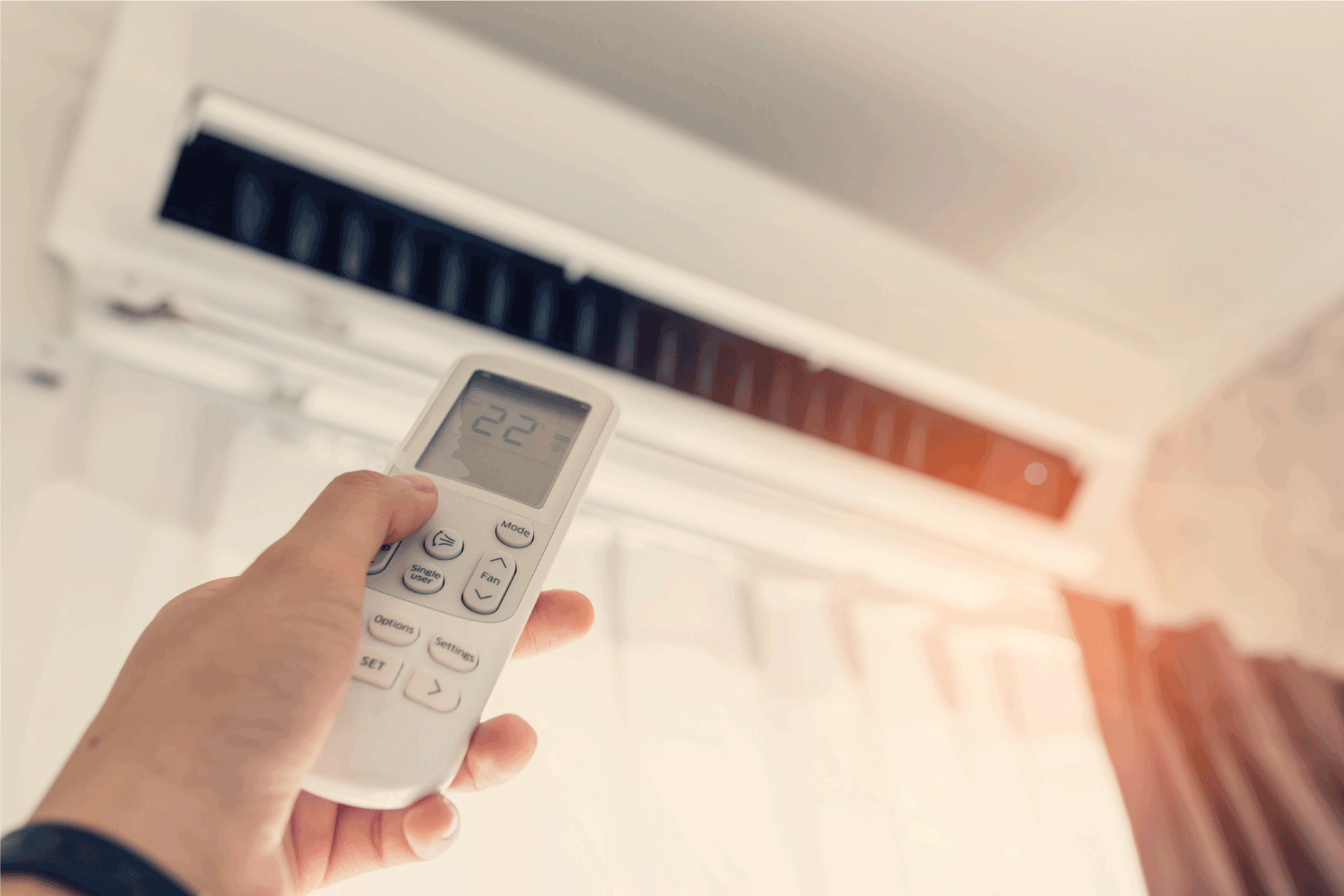
When to Call an HVAC Professional
Ideally, you should have a professional regularly check your unit so you won't be caught off-guard if your AC is suddenly not puffing out cold air.
Compressors need to be checked by an HVAC professional. Don't attempt to fix it yourself as it may cause more damage to the unit, or worse, cause an accident.
Read: "How Long Do Daikin Air Conditioners Last?"
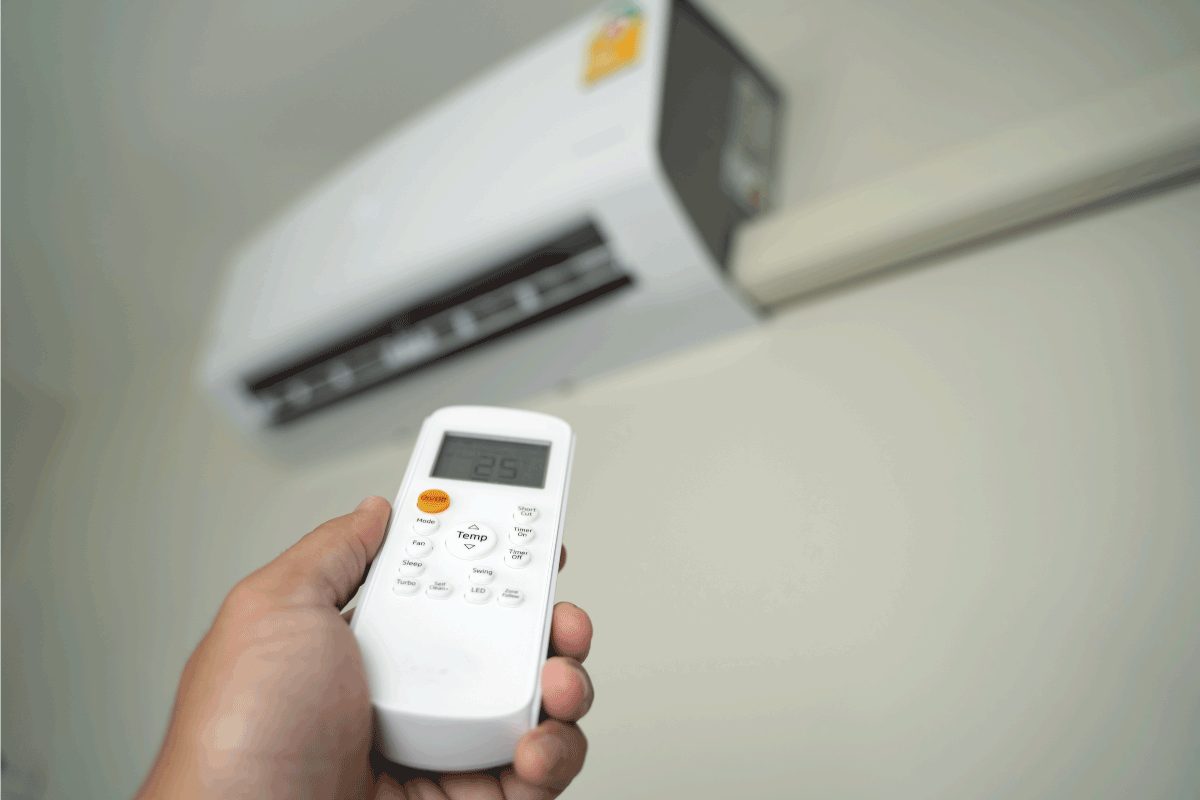
Final Thoughts
Air conditioners that won't turn on when you need them to are frustrating. The only way to prevent this is to ensure proper maintenance of not only the unit but of the entire HVAC system inside your home as well.
